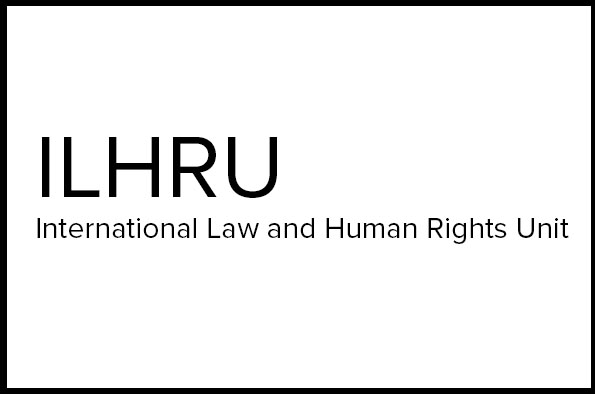
Compensating human rights violations: Damages before the European Court of Human Rights
Start time: 12:00 / End time: 14:00 / Date: 13 Mar 2019 / Venue: Lecture Theatre 3 South Teaching Hub Open to: Any UOL staff / Any potential undergraduate students / Any potential postgraduate students / University of Liverpool Alumni / General Public Type: Seminar Cost: Free event - registration is not required. Contact: For more information contact Marketing, Recruitment and Events at slsjmret@liverpool.ac.uk
About the event
When individuals are mistreated by European governments, the European Court of Human Rights is responsible for reviewing state actions under the European Convention of Human Rights. If the individuals are successful in proving a violation, the ECtHR may award them damages for the treatment suffered. Whilst domestic courts of the 47 Council of Europe (COE) Member States, over which the Court has jurisdiction, usually award damages on the basis of scales that are public, this is not the case with the ECtHR. The Court sets out no rules or guidelines as to when individuals are likely to get compensation; it also does not explain which elements of their treatment applicants should emphasise nor how much they should ask for. For many practitioners, the current practice of the Court appears arbitrary and opaque.
In her talk, Dr Fikfak will present the patterns revealed in the ECtHR case law. Building on her empirical quantitative and qualitative study of the last ten years of caselaw relating to just satisfaction, she will talk about the legal principles which can be discerned from the practice of the Court and critically assess the Court’s role in awarding compensation for human rights violations.
Dr Veronika Fikfak is Senior Lecturer at the University of Cambridge, Homerton College. She holds a Magister Juris and an and D.Phil from the University of Oxford. She previously worked at the International Court of Justice, the Law Commission of England and Wales, the European Court of Human Rights and at the UN in Paris. Her work focuses on the interaction of domestic and international law. In her human rights research, she uses statistical methods to uncover new knowledge about the practice of human rights bodies, in particular the European Court of Human Rights’s approach to damages. She was recently awarded an European Research Council Starting Grant to study how we can change state behaviour when it comes to human rights.
Add this event to my calendar
Click on "Create a calendar file" and your browser will download a .ics file for this event.
Microsoft Outlook: Download the file, double-click it to open it in Outlook, then click on "Save & Close" to save it to your calendar. If that doesn't work go into Outlook, click on the File tab, then on Open & Export, then Open Calendar. Select your .ics file then click on "Save & Close".
Google Calendar: download the file, then go into your calendar. On the left where it says "Other calendars" click on the arrow icon and then click on Import calendar. Click on Browse and select the .ics file, then click on Import.
Apple Calendar: The file may open automatically with an option to save it to your calendar. If not, download the file, then you can either drag it to Calendar or import the file by going to File >Import > Import and choosing the .ics file.